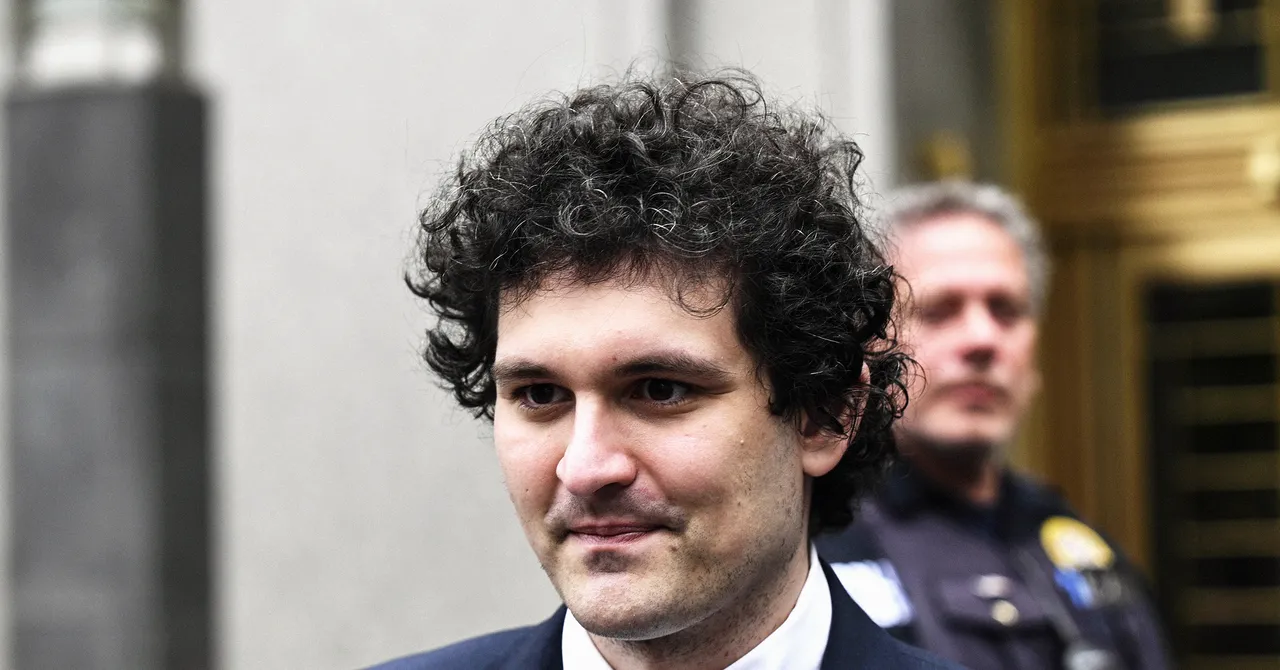Tech
Sam Bankman-Fried Goes on the Offensive

“It’s a PR campaign, obviously,” claims Joshua Naftalis, a former prosecutor, now a partner at law firm Pallas Partners. “It’s a no stone left unturned strategy.”
To date, Bankman-Fried has not filed a formal pardon application, a White House spokesperson tells WIRED. “We do not discuss speculation about sensitive issues, such as pardons, on-record,” the spokesperson says.
Bankman-Fried’s appeal case hinges on the claim that the trial jury “was only allowed to see half the picture,” because of rulings by the judge, Lewis Kaplan, that blocked the defense from introducing evidence that allegedly would have helped to undercut the prosecution’s case.
“At every turn, the judge put his thumb on the scale,” Bankman-Fried’s counsel wrote in an appellate brief in January. “The result was a one-sided trial, where the district court allowed the government to present damning false information, concealing contrary information from the jury, erroneously instructed the jury about the law, and effectively directed a guilty verdict.”
On November 4, one of Bankman-Fried’s lawyers, Alexandra Shapiro—who is simultaneously handling the appeal cases of Sean ‘Diddy’ Combs and entrepreneur Charlie Javice—presented those arguments to a panel of judges at the Second Circuit Court of Appeals. The judges reportedly appeared skeptical of the idea that Bankman-Fried did not receive a fair trial. “It almost seems like you’re spending more ink on Judge Kaplan than on the merits,” one of them told Shapiro.
“I’m sure they didn’t take lightly the prospect of criticizing Kaplan’s exercise of discretion,” says Daniel Richman, a law professor at Columbia University, who previously served as a federal prosecutor. “But I think they made the professional judgement that that was one of the few roads worth taking.”
Both Naftalis and Richman caution against trying to divine the outcome of an appeal based on comments made by judges at oral arguments. However, the odds of a criminal appeal succeeding are low, in general—somewhere between five and 10 percent. And Bankman-Fried’s specific arguments, concerning matters of judicial discretion, are particularly difficult to land.










